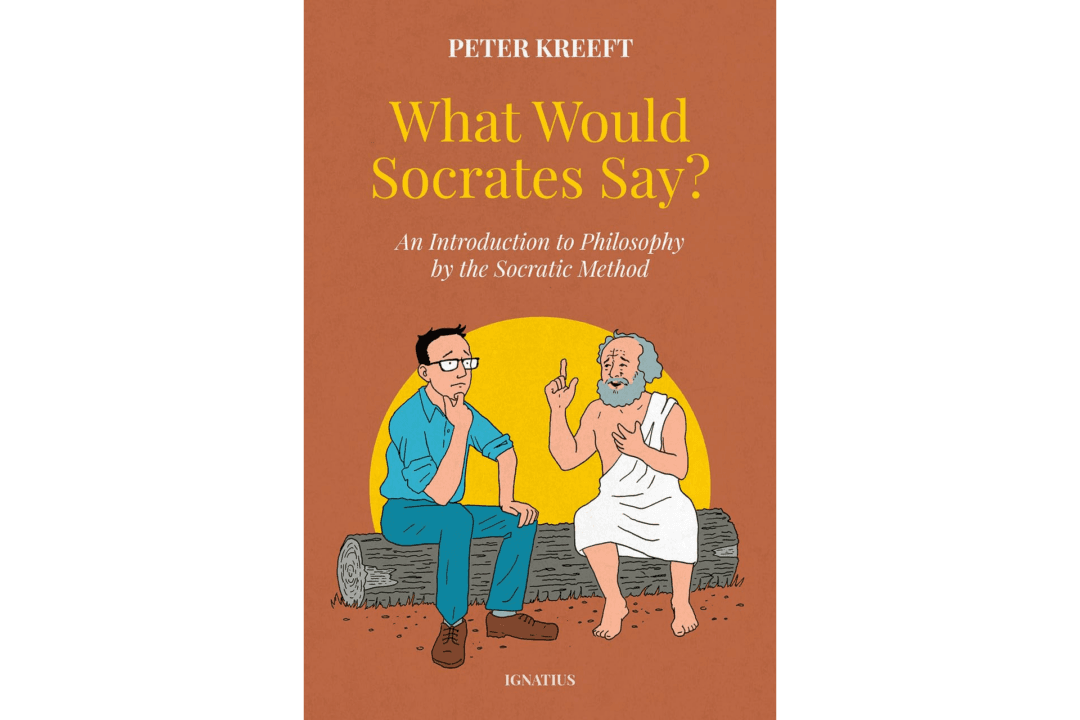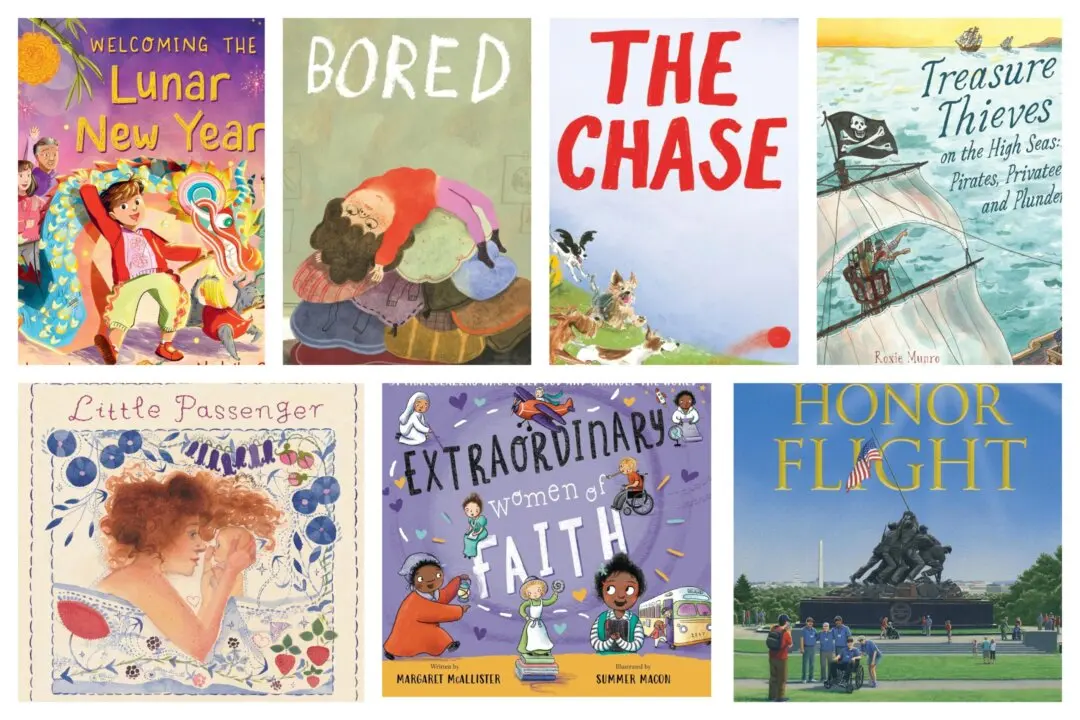Reading about philosophy might not be something we’d usually do in our spare time, especially with strong competition from movies, video games, and sports. For college students and the college-bound, this subject may seem Greek. In this case, it is. The Greek philosopher Socrates is the subject of prolific author Peter Kreeft’s latest book “What Would Socrates Say?: An Introduction to Philosophy by the Socratic Method.”
Kreeft is a professor of philosophy at Boston College who has written over 86 books on a variety of subjects, including theology, philosophy, logic, the culture wars, and surfing (“I Surf, Therefore I Am: A Philosophy of Surfing,” combines two of the things he loves). A previous Epoch Booklist recommended his “Christianity for Modern Pagans: Pascal’s ‘Pensées.” Here, Kreeft analyzes mathematician and philosopher Blaise Pascal’s writings in defense of the Christian faith in the face of a very secular world.





